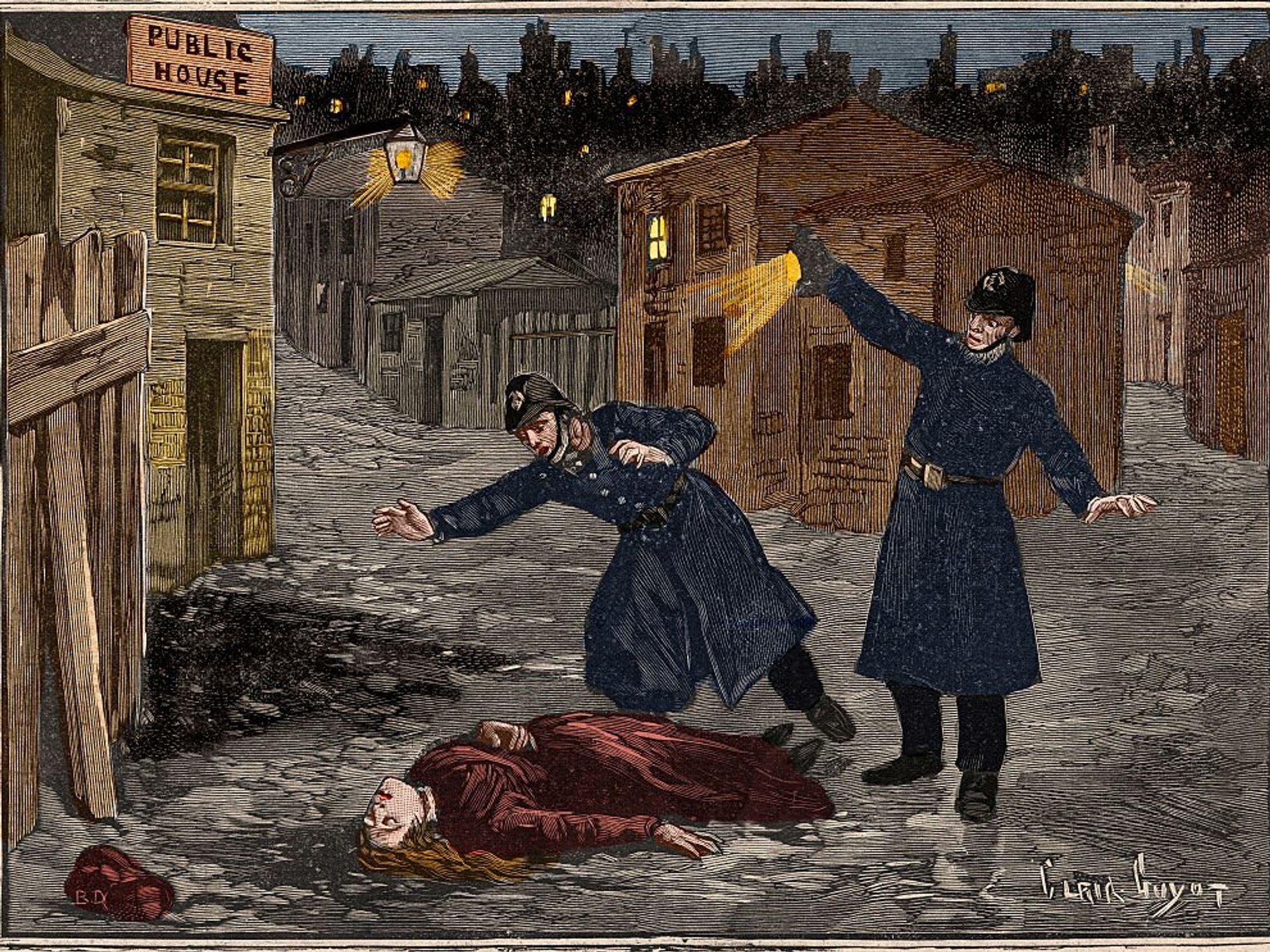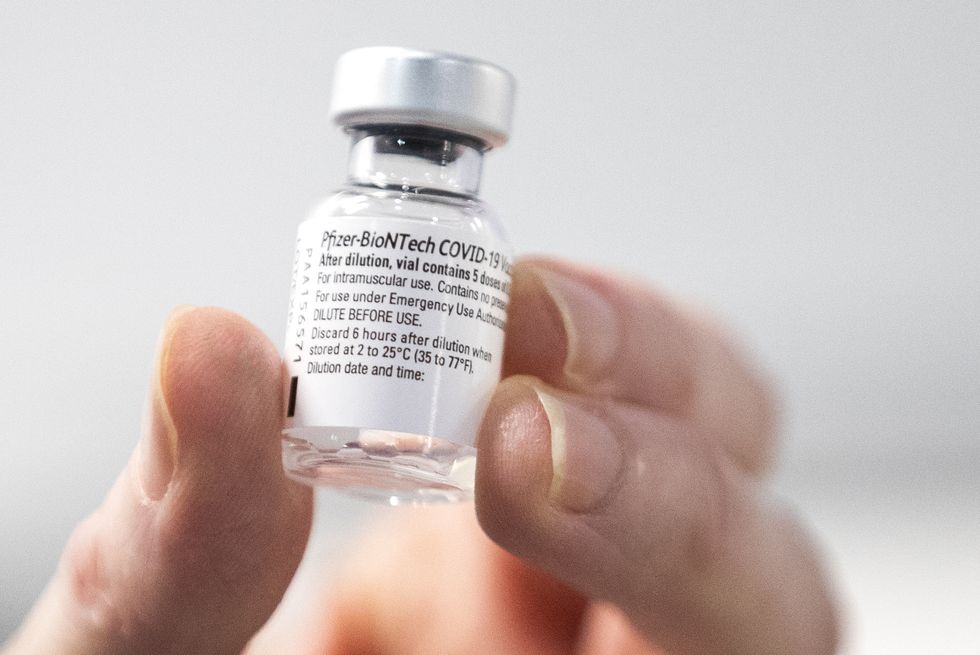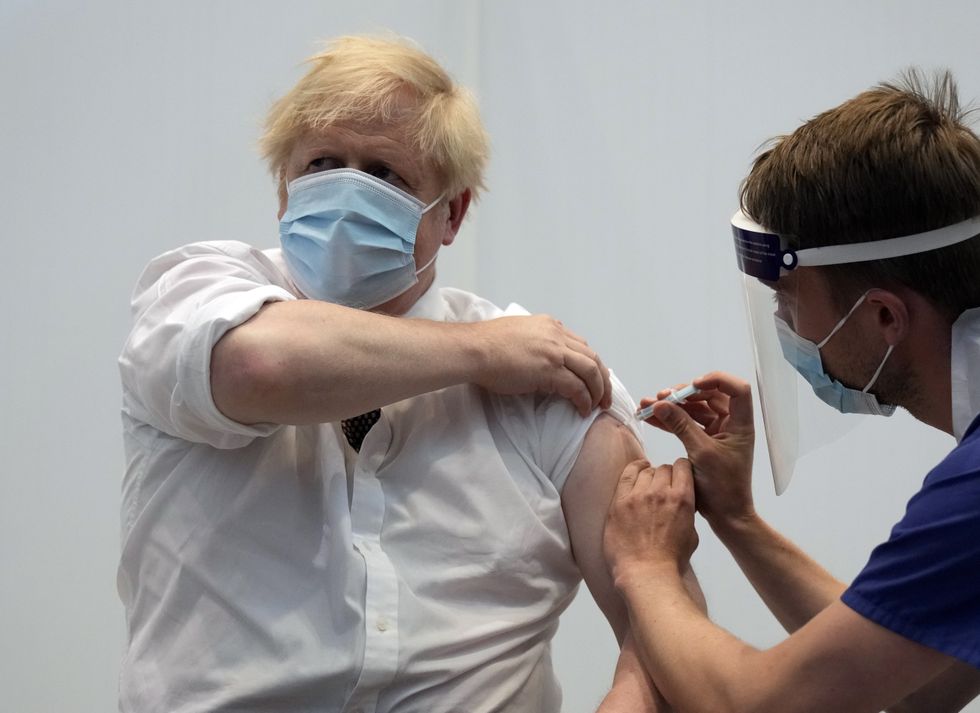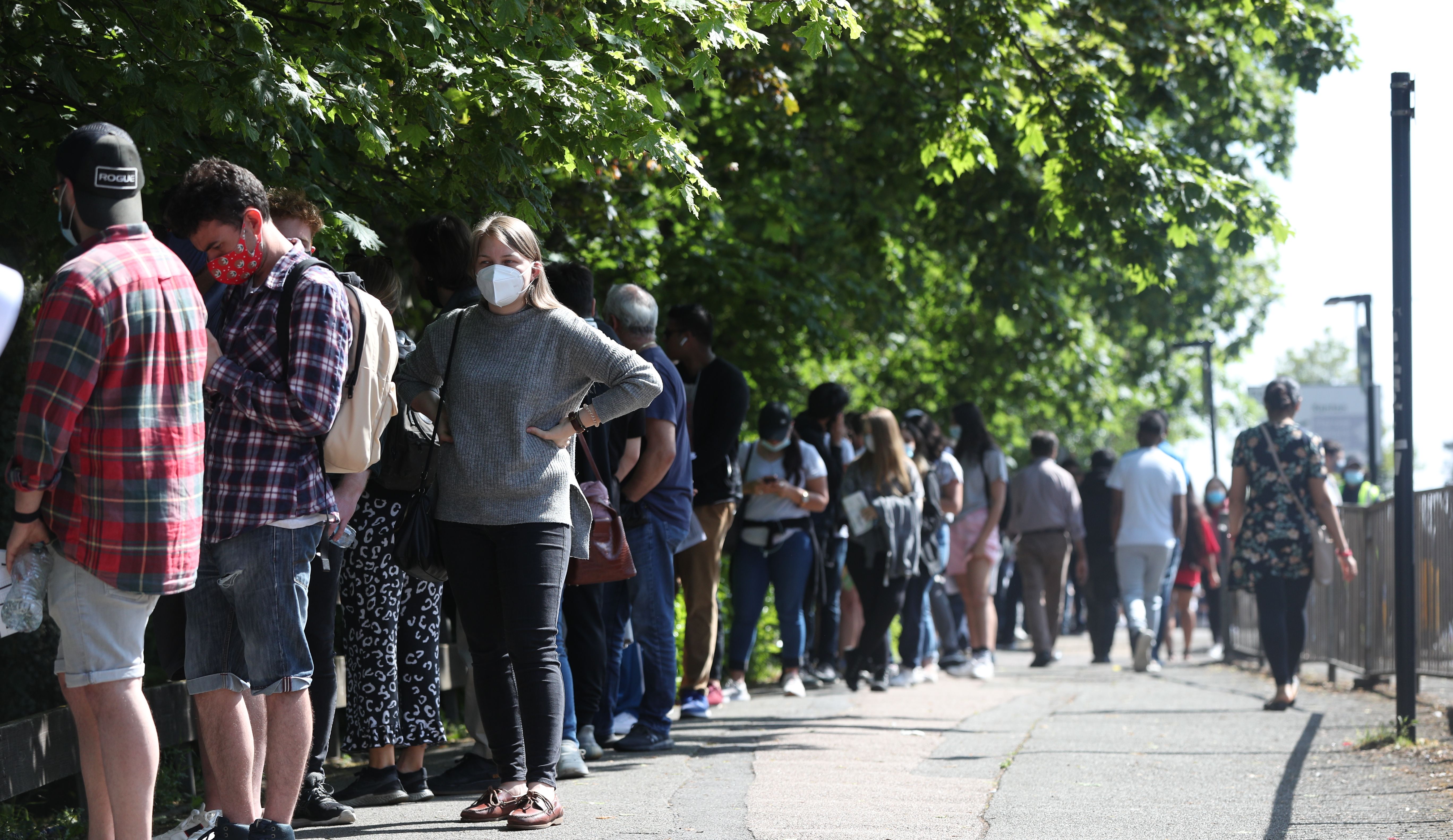How do I book my Covid vaccine and who can get a jab?
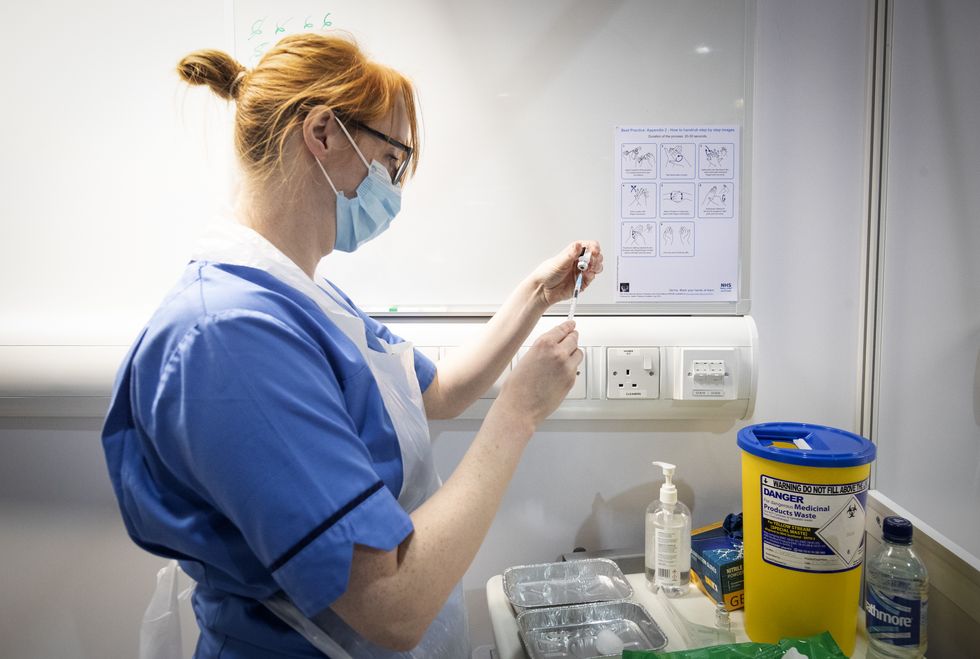
Anyone in England over-25 is now able to book their coronavirus jab
Don't Miss
Most Read
Latest
The Covid-19 vaccine rollout is well under way, with nearly 80% of Britons jabbed with at least one dose.
Health Secretary Matt Hancock has praised the jab rollout, saying "the vaccines are clearly working – protecting you, those around you and your loved ones".
Now those aged between 25-29 are eligible for the vaccine in England.
Here's everything you need to know about the types of vaccine, how to book your jab, how they work against the variants, as well as possible side effects.
Who is eligible for the vaccine in the UK?
In England, anyone over the age of 25, or that turns 25 before July 1. Even if you're under 25 you can still get the jab if you have a condition that makes you vulnerable or extremely vulnerable to the virus.
In Scotland, 18-year-olds born on or before May 17 are also being invited to get their vaccine.
It's the same in Wales - everyone over 18 is being invited to come forward.
If you're 18 by July 31 in Northern Ireland, you can book your jab too.
Others that are eligible are those with a learning disabilities, people who live or work in care homes, health and social care workers and people who are a main carer for someone who is high risk from coronavirus.
How do I book my vaccination?
The NHS will contact you via text, inviting you to book your jab. You can do this online.
Text invitations appear as an alert from NHSvaccine.
If you are contacted but do not book straight away, you'll still be eligible - you can book your appointments anytime.
The Pfizer vaccine is available in the UK.
PA
You'll need book both appointments at the same time though and get the second dose eight to 12 weeks after getting your first dose.
If you can't get online, you can call the booking service on 119 instead to secure your jab.
Remember, if you've had a positive Covid test, you should wait four weeks from the date you had the test before you book an appointment.
Types of vaccine
There are four Covid vaccines currently approved for use in the UK.
They are: Pfizer/BioNTech, Oxford/AstraZeneca, Moderna, and Janssen (coming later this year).
How do I know which vaccine I'll get?
In England, if you're over-25 before July 1 you are eligible for the vaccine.
There are four types of vaccine: Pfizer, AstraZeneca, Moderna and Janssen (coming late this year).You can't choose which vaccine you get, but if you're under 40, you'll only be shown appointments for the Pfizer/BioNTech or Moderna vaccines - not the Oxford-AstraZeneca.
If you're 40 or over, you'll be asked if you're pregnant to make sure you're only shown appointments for the Pfizer or Moderna jab.
How well does each vaccine work?
The 1st dose should give you good protection from 3 or 4 weeks after you've had it. You need 2 doses for stronger and longer-lasting protection.
Prime Minister Boris Johnson receives his second jab of the AstraZeneca coronavirus vaccine.
Matt Dunham
There is a chance you might still get or spread Covid even if you have a vaccine, so it's important to continue to follow all social distancing guidance.
According to the latest report from Public Health England (PHE), after the first dose, there is very little difference in effectiveness between the Pfizer and AstraZeneca vaccines. Data for two doses is only available for the Pfizer, which has 95-99% effectiveness in protecting against death from Covid.
In a separate study, the Moderna vaccine was found to have a 94% efficacy rate after two doses.
What about Covid variants - does the vaccine still work?
Conclusive data on the effectiveness of vaccines against the Indian variant will be available in the next couple of weeks, according to Matt Hancock.
Mr Hancock told MPs officials are working on getting the “absolutely critical” figure showing the efficacy of jabs.
However, from data that has been collected, PHE have found that the Pfizer vaccine is 88% effective against the Indian variant and 93% effective against the Kent variant.
The AstraZeneca jab is slightly less effective - 60% against the Indian variant and 66% against the Kent variant. However this may be due to the fact that the rollout of the AstraZeneca vaccine came after the Pfizer jab was introduced in the UK.
Are there any side effects?
The vaccines can cause some side effects, but not everyone gets them.
Any side effects are usually mild and should not last longer than a week.
The most common ones are a sore arm from the injection, feeling tired, having a headache, feeling achy and feeling or being sick.
More serious side effects are very rare. You can find out more about them here.
Pregnancy, breastfeeding and fertility
People queuing to go into Belmont Health Centre for their vaccine in Harrow .
Jonathan Brady
If you're pregnant, breastfeeding or trying for a baby, you can still have the jab.
The vaccine cannot give you or your baby Covid.
You can find more information here.










